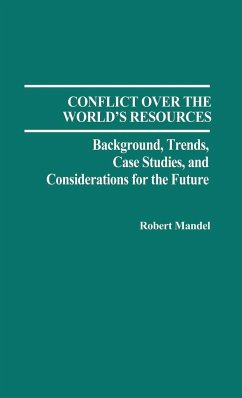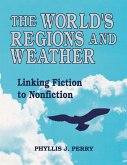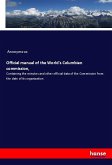As resource scarcity threatens and the economic gap between affluent and poorer nations continues to widen, conflict over natural resources is assuming critical dimensions. Mandel analyzes the causes and consequences of present tensions and offers case studies of five recent or ongoing resource conflicts illustrating major areas of confrontation and identifying the range of policy issues we need to confront. Synthesizing his findings, Mandel demonstrates the need for rethinking current policy and suggests alternative approaches that may help to reduce international conflict. The author first describes worldwide scarcity trends and trends in resource conflict and their relation to international conflict as a whole. He looks at the dynamics of resource competition, assessing the impact of scarcity, declining economic development, environmental awareness, resource interdependence, and other factors. The first case study, centering on the protection of an endangered species, examines the whaling confrontation that began in 1972. The oil crisis and the continuing conflict over fossil fuels is considered next. Other case studies focus on political coercion in the conflict over food; the scarcity of strategic minerals and competition to control them; and the conflict arising from nuclear pollution in the wake of the Chernobyl disaster. The concluding chapter, dealing with policy implications, explains why prevailing attitudes toward resources are counterproductive, and suggests ways of working more effectively to minimize international resource conflict. Combining solid empirical analysis with a thorough understanding of environmental theory and comparative resource issues, Mandel's study will be important reading for students and specialists concerned with resource policy, development, international relations, and conflict resolution.
Hinweis: Dieser Artikel kann nur an eine deutsche Lieferadresse ausgeliefert werden.
Hinweis: Dieser Artikel kann nur an eine deutsche Lieferadresse ausgeliefert werden.








